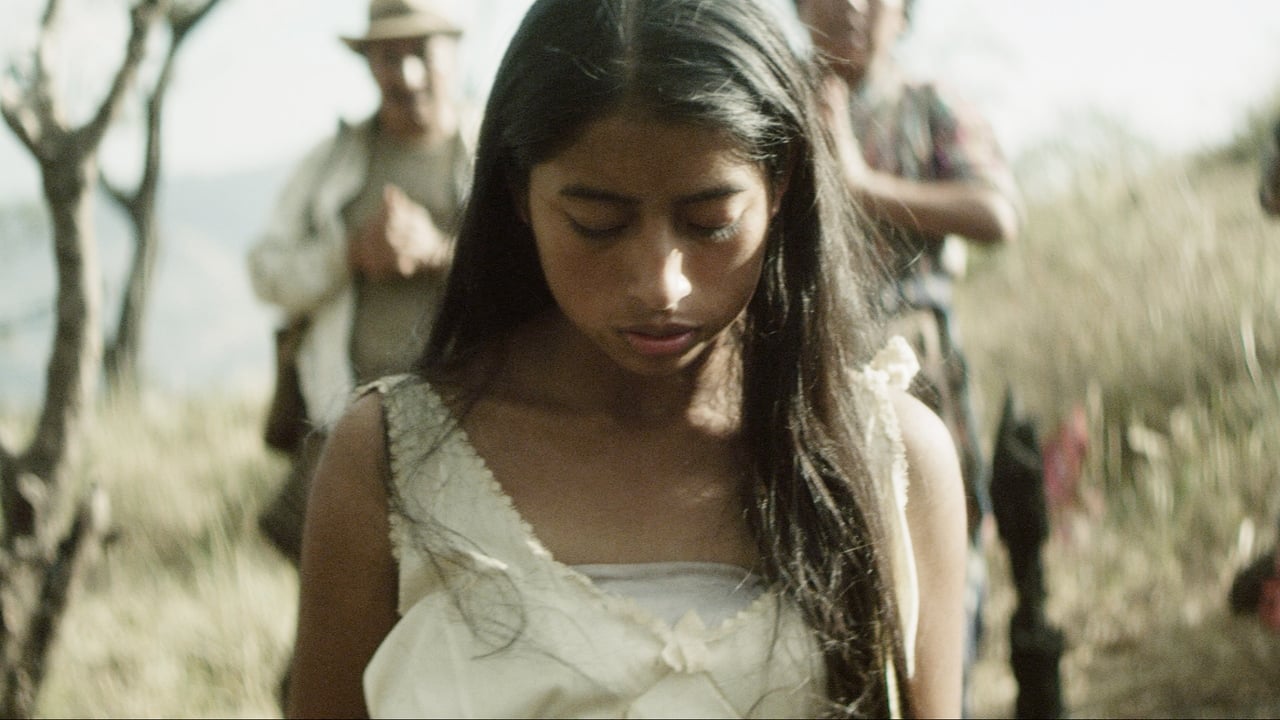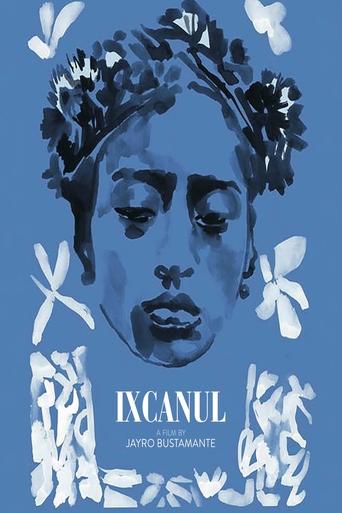

Life in paradise is not always a dream come true. A promised girl get lured by the unknown attraction of money and adventure with a working boy just long enough to get screwed. The mistake is not easily solved and more dramatic the situation becomes, until we make it full circle. Not before many hearts get broken. Beauty all over the place in the film. Excellent acting, felt like it was reenacted by the very people that the story was about. Very glad to see a glimpse of the world, unknown so far as well.
... View MoreIxcanul has stunning cinematography and is brimming with passion and originality, but it might not be the best choice in terms of cultural accuracy. While it is impressive that native Kaqchikel speakers were cast to give it an authentic, indigenous feel, the representation of the Kaqchikel people is not its best. I will not claim to be an expert on the topic, but after speaking with and reading a paper about the film written by a Kaqchikel woman, Ixcanul provides the in-depth view from an obvious outsider, one who hasn't done enough research. According to her, the Kaqchikel view all life as sacred and worthy of respect, so moments when María uses a tree as a sort of dildo and when she attempts to abort her fetus are wildly unrepresentative of the culture.Looking beyond these shortcomings, it is still a good tool for a superficial observation of Kaqchikel culture. While the baby kidnapping, arranged marriages, and belief in magic and superstition may be stereotypical, they still portray real aspects of some indigenous Central Americans' lives. The manipulation of Kaqchikel individuals because of their language barrier is indisputable, as is indigenous people's poverty and often impecunious plantation life. This may be the film's message—that we are treating cultures like the Kaqchikel unfairly, and perhaps the film's own inaccuracies reinforce that thought.These high and low points aside, the film is still attractive, with expert parallel framing with María and her mother in the bath, and again with María and el Pepe before they have sex. Its long, sweeping takes of María descending the volcano balance with the stills of locals hanging at a bar or with family (these scenes themselves seem almost like neoclassical paintings). The movie is masterfully executed and naturally aesthetically-pleasing in terms of camera-work and scenery, but as a means of storytelling it falls behind somewhat because of its imperfect perception of its own subject matter.
... View MoreIxcanul is an astonishingly visually beautiful movie. The sweeping landscapes and colorful clothing take an urban American audience into another world entirely. Although the characters speak Kaqchikel and their lifestyles appear very different from my own, I found them instantly relatable. Maria, the protagonist, is a perfectly normal teenager. She is helpful to her parents, except when she doesn't want to be. She has a crush on a boy who isn't good for her. She wants to leave home. All of Maria's desires are the same as those of an American teenager; the physical and cultural setting is the only difference. This is part of what makes Ixcanul so important. It does a very good job of both showing difference and making it feel natural. Although we see a world that is different from the one we are used to, it does not feel alien. The relationship between Maria and her mother, Juana, is one of the key elements of this movie that makes it so warm and familiar. While they tend to interact casually, there are several moments in which the depth of their relationship is palpable. The scene in the bath in which Maria's mother discovers her pregnancy, for instance, feels very realistic. Juana scolds her daughter for not "counting her moons", but there is no anger in her voice. Only love and concern. Her father's reaction, with near equal skill, shows the more authoritarian relationship that he has with his daughter. The small family unit is beautifully and convincingly created.This small, close-knit family is contrasted with an immense landscape. The side of the volcano on which they live allows for wide shots of footpaths criss-crossing through a rocky, jungley terrain. Although they are not far from the town of Solola, they appear to be in a separate world with a delicate social ecosystem. This makes the plot feel even more realistic, because we are left little to compare it to until this isolation becomes an obstacle towards the end of the movie. Overall, it is an interesting, emotional movie. I highly recommend it.
... View MoreIt was interesting to see the way the Mayans live. It really gives a foreign perspective about the rural peasants life. It is actually unbelievable to think that in the 21st century anyone would be living like the people in this movie. The overall lifestyle was surprising to me. The old fashioned way that the marriage was arranged in this movie surprised me. The way that that formed a bond between the two families was interesting. Also, the gender roles was very old fashioned. The entire lifestyle just seemed to be like a thousand years behind. The mother and daughter were very close to each other. They did everything together. They would even bathe together. The whole lifestyle just seemed dreadful. Day in and day out they did the same thing. The movie never showed anything they did for fun. It just seemed like a very primitive lifestyle, which I didn't think existed anymore. If the film had said it had taken place in the 1800s, I would've believed it.
... View More